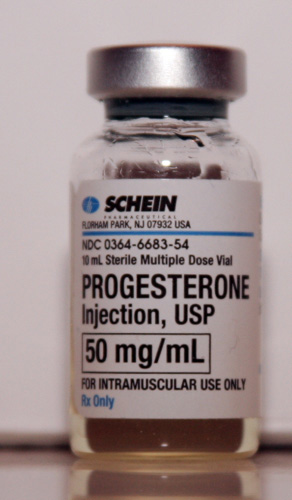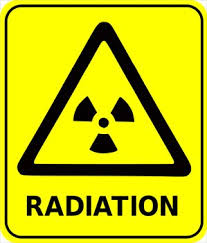The average American consumes approximately 10 pounds of chocolate each year. That’s nearly 105 full-sized candy bars. Many are indulging in sugar-laden chocolate for more than an occasional treat. But when you view food as your medicine, you understand that what you eat is just as important as what you don’t eat. Are there actual cancer preventative reasons for us to keep chocolate in our diets?
Researchers challenge the power of cocoa
The good news is that chocolate in moderation doesn’t seem to cause cancer. In fact, cocoa, which is the basis of chocolate, has been used medicinally for thousands of years. Cocoa’s health  benefit profile was raised in 2005 after the Harvard Medical School published their findings about Kuna Indians and cocoa.
benefit profile was raised in 2005 after the Harvard Medical School published their findings about Kuna Indians and cocoa.
Kuna people, who live off the Caribbean coast of Panama, experience some of the lowest rates of cardiovascular disease in the world and lower rates of cancer than mainland Panamanians despite poverty, poor living conditions and no access to modern medicine. The research team concluded that their good health was linked to the four to five cups of flavonoid-rich cocoa many Kunas drank daily.
Flavanols, a family of flavonoids, are antioxidants that help stabilize and ultimately destroy the free radicals that result from your body breaking down environmental toxins. Free radicals can injure cells, damage DNA and alter other cell qualities. Left unchecked, they accelerate aging, contribute to vascular issues that lead to heart disease and raise your risk of cancer.
The more cocoa is processed, the lower the active flavonols.
While researchers have found stronger evidence that eating chocolate may help protect against heart disease, researchers have continued to test the relationship between cocoa and cancer. Here are a few studies and reviews worth noting:
- A study at the Lombardi Comprehensive Cancer Center found that certain proteins from cacao were able to reduce the proteins in breast cancer cells that would promote tumor growth.
- Oxidative Medicine and Cellular Longevity Journal published a compilation of why phenolics (antioxidants) from cocoa may protect against diseases in which oxidative stress is a contributing factor, such as cancer.
- Cacao seeds are classified as super fruits and have more anti-oxidant activity than blueberries and acai berries.
- Researchers found that the growth of five (two colon, cervical, leukemia and lung) of 16 human cancer cell lines tested were sensitive to chemically-synthesized antioxidants (similar to what’s found in cocoa), inhibiting cell growth at relatively low concentrations.
- There is weak epidemiologic evidence supporting a reduction in mortality and little data related to cocoa having cancer preventative properties even though intervention studies have reported some favorable changes in biomarkers assessing antioxidant status.
So should we eat chocolate?
If you already enjoy chocolate, there seem to be many healthful reasons to keep it in your diet as long as it’s the right kind of chocolate and the right amount.
 Here’s what you need to look for and keep in mind when you choose cocoa and chocolate:
Here’s what you need to look for and keep in mind when you choose cocoa and chocolate:
- The darker the chocolate the better it is for you. At the minimum, it should be at least 70% cacao. Or select pure cacao powder, unsweetened, to use in smoothies. It has the highest concentration of flavonoids of any dark chocolate product.
- Read the label. Avoid sugar, which is a cancer feeder; trans fats; and saturated fats. Look for organic, gluten free, soy free and no emulsifiers.
- Look for non-alkalized or non-Dutch-processed dark chocolate. You’ll find this information on the label, too. This process destroys the polyphenols and flavonoids.
If you were looking for an excuse to eat chocolate every day, here is your permission. After all, even though there are many reasons to enjoy it, the savory, dark taste is what makes it so delightful!













